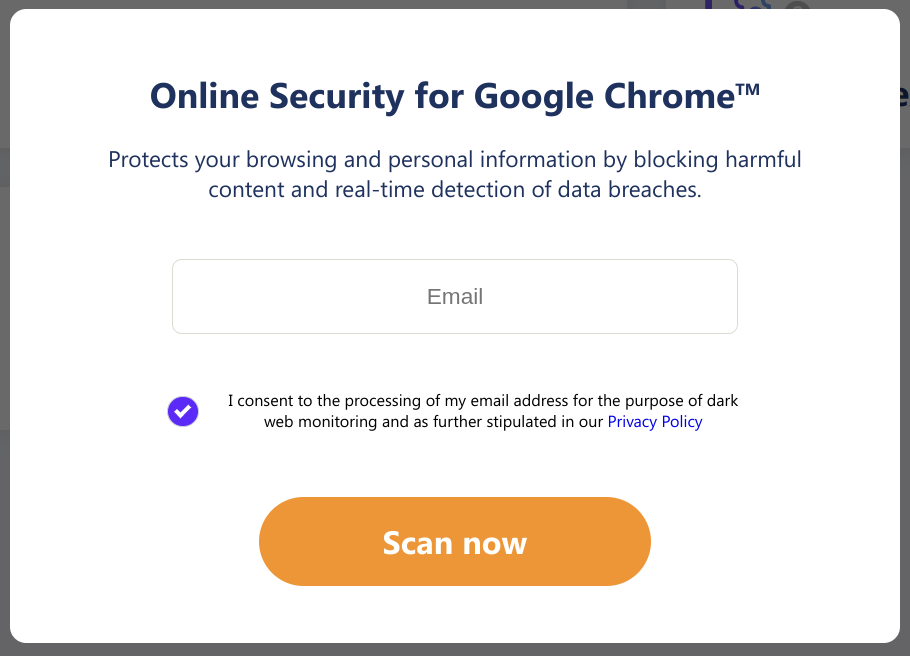Gandalf_The_Grey
Level 76
Thread author
Verified
Honorary Member
Top Poster
Content Creator
Well-known
- Apr 24, 2016
- 6,586
These days it’s typical for antivirus vendors to provide you with a browser extension which is meant to improve your online security. I’ll say up front: I don’t consider any such browser extensions recommendable. At best, they are worthless. At worst, they introduce massive security issues.
As an example I took a brief look at the Online Security extension by ReasonLabs. No, there is no actual reason beyond its 7 million users. I think that this extension is a fairly typical representative of its craft.
TL;DR: Most Online Security functionality is already provided by the browser, and there is little indication that it can improve on that. It does implement its functionality in a maximally privacy-unfriendly way however, sharing your browsing history and installed extensions with the vendor. There is also plenty of sloppy programming, some of which might potentially cause issues.
Conclusion
As we’ve seen, Online Security provides little to no value compared to functionality built into browsers or available for free. At the same time, it implements its functionality in a massively privacy-invading way. That’s despite better solutions to the problem being available for more than a decade and being widely publicized along with their shortcomings.
At the same time, code quality issues that I noticed in my glimpse of the extension’s source code aren’t exactly confidence instilling. As so often with antivirus vendors, there is little expertise and/or priority developing browser extensions.
If you really want to secure your browsing, it’s advisable to stay away from Online Security and similar products by antivirus vendors. What makes sense is an ad blocker, possibly configured to block trackers as well. And the antivirus better stays outside your browser.
Mind you, Windows Defender is a perfectly capable antivirus starting with Windows 10, and it’s installed by default. There is little reason to install a third-party antivirus application.

Online Security extension: Destroying privacy for no good reason
Most Online Security functionality is already provided by the browser, and there is little indication that it can improve on that. It does implement its functionality in a maximally privacy-unfriendly way however, sharing your browsing history and installed extensions with the vendor. There is...
Last edited:
